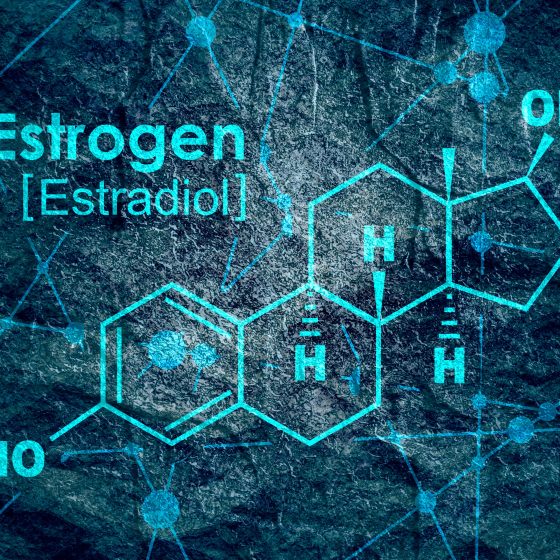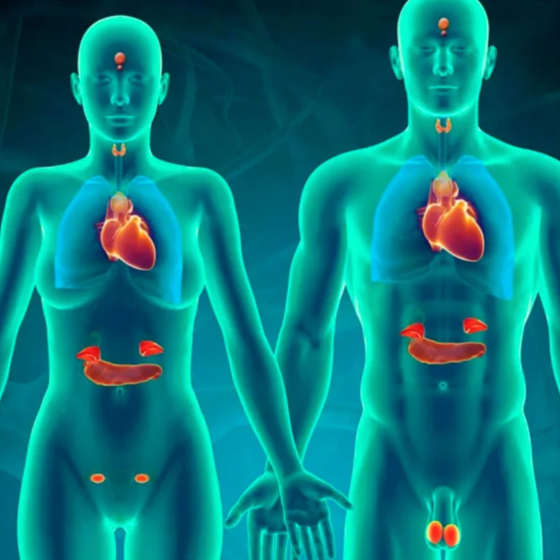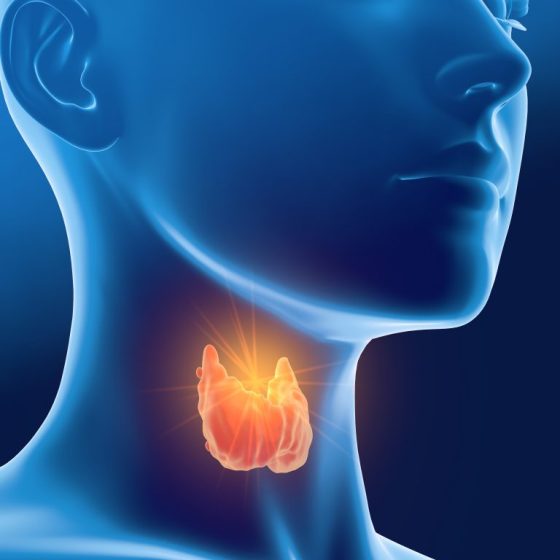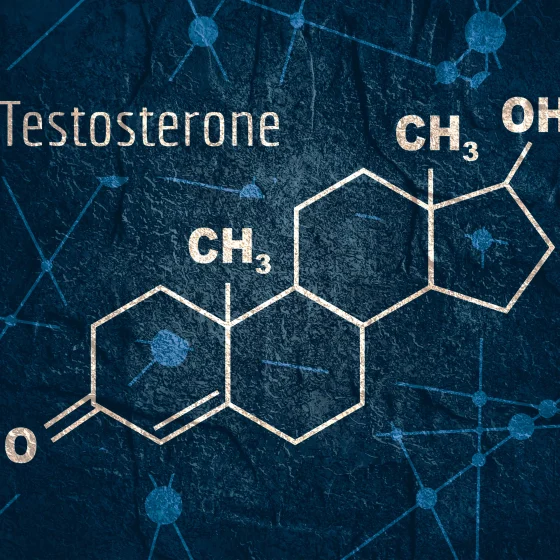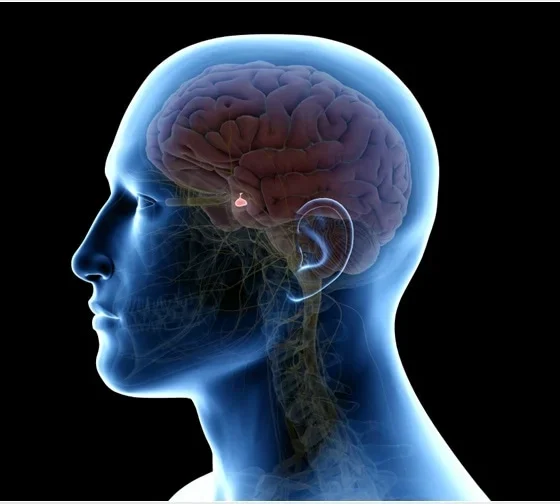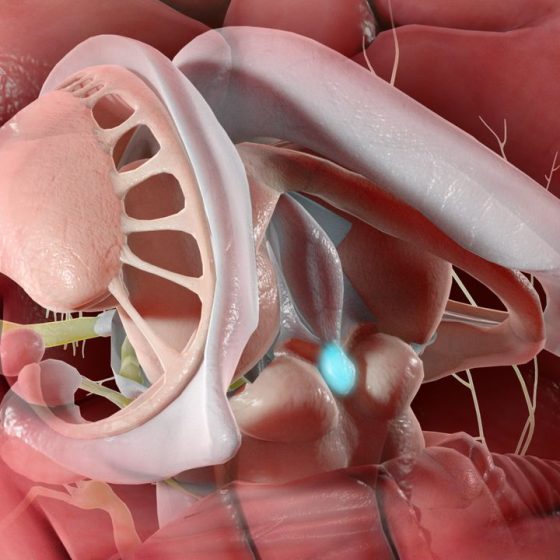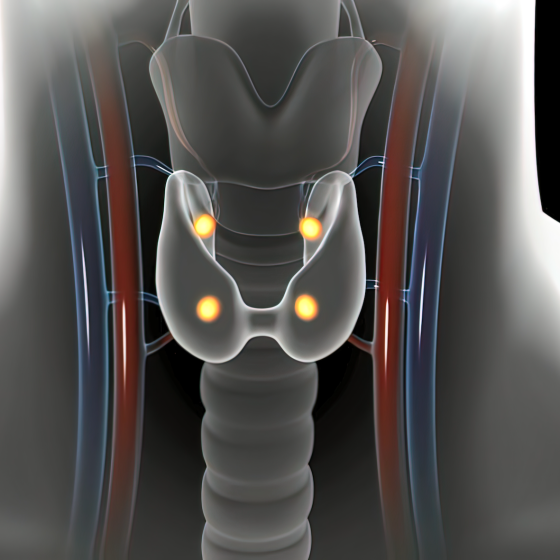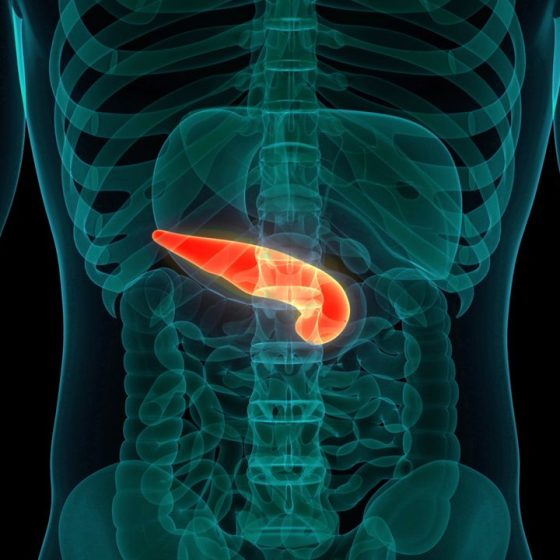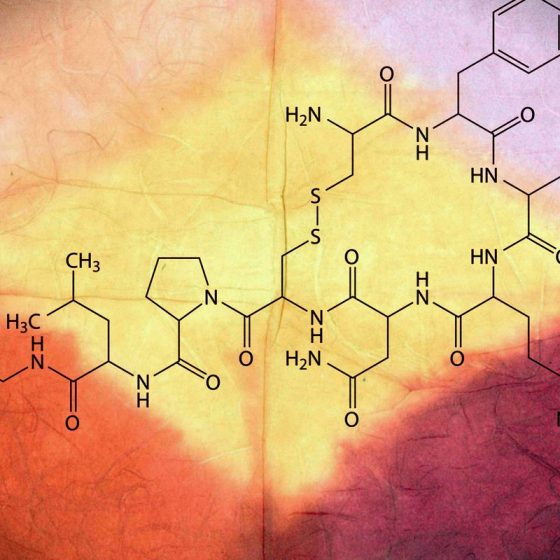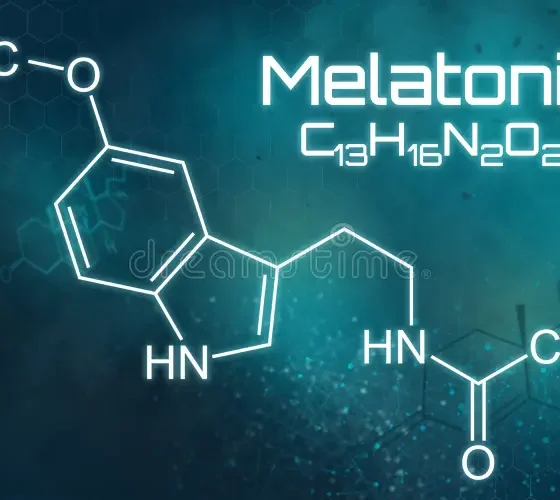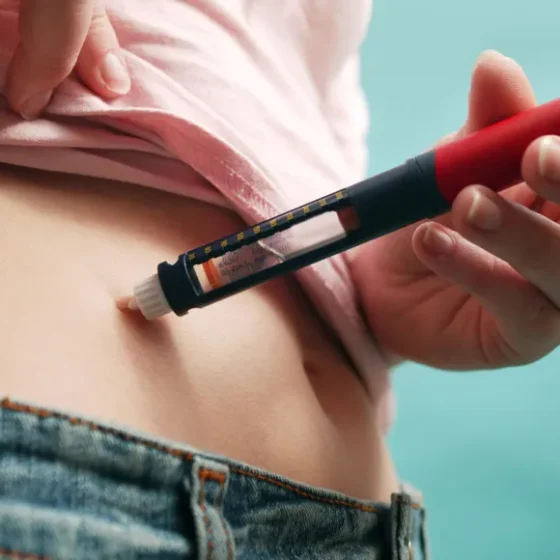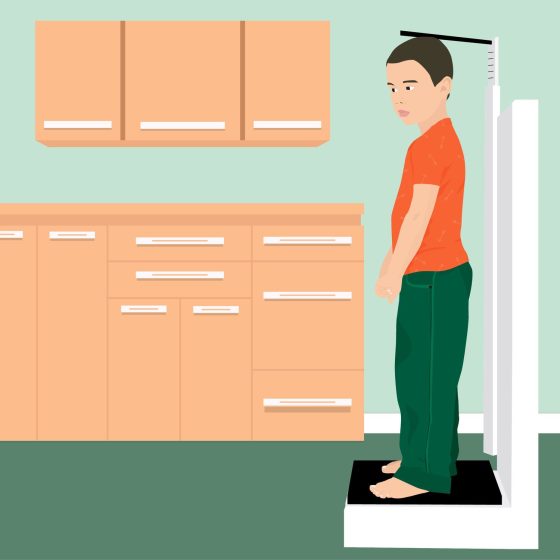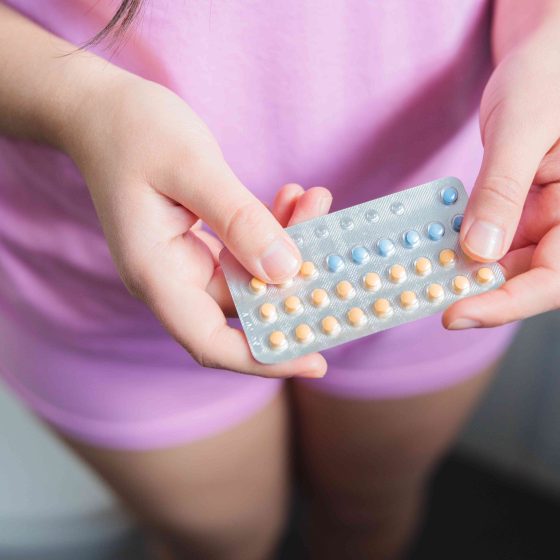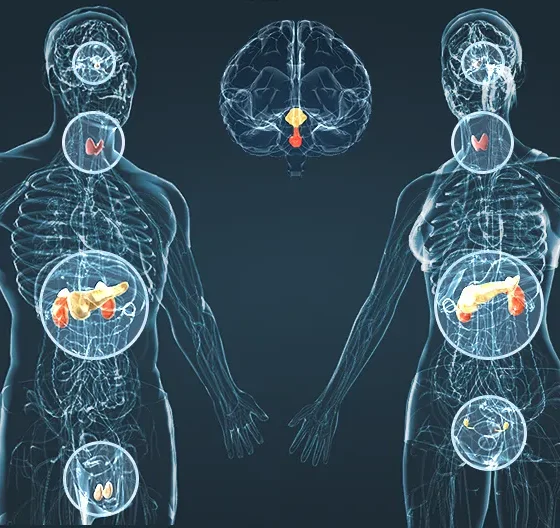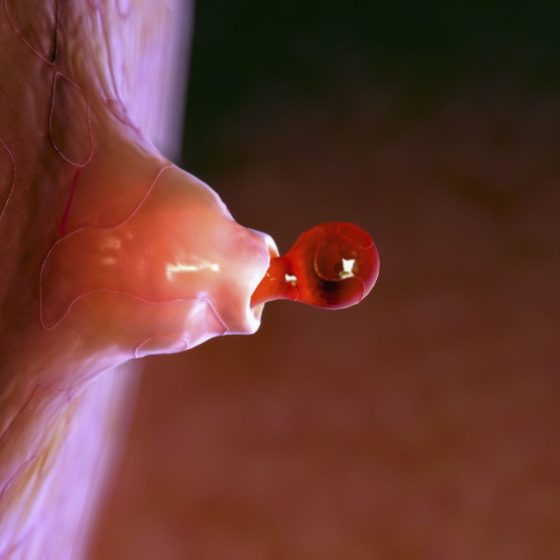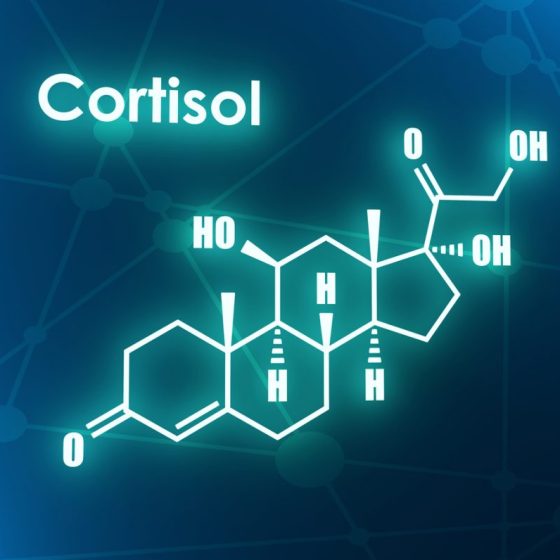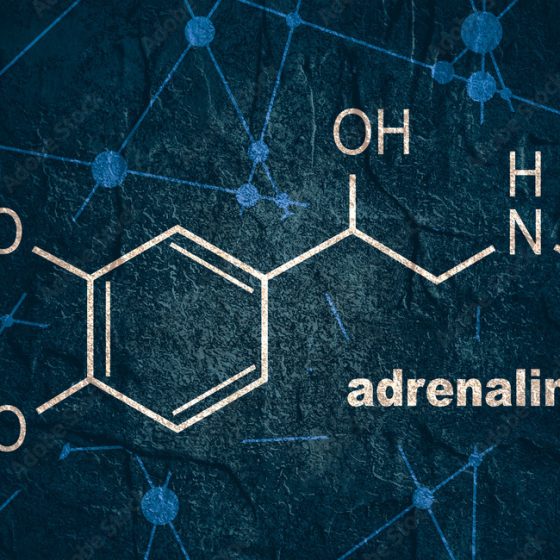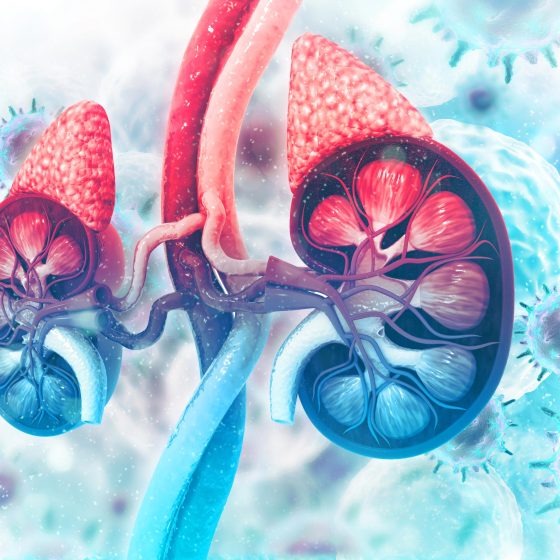Oestrogen
Key facts Oestrogen is one of the main female sex hormones. It is needed for puberty, the menstrual cycle, pregnancy, bone strength and other functions of the body. Oestrogen levels vary throughout the menstrual cycle and fall after menopause. Having too much oestrogen can increase your risk of blood clots and stroke. Having too little oestrogen can increase your risk of weak bones and menopause symptoms. Some medicines contain oestrogen, such as the combined oral contraceptive pill and some types of menopause treatment. High levels of oestrogen can increase your risk of breast cancer, however the added risk from taking

